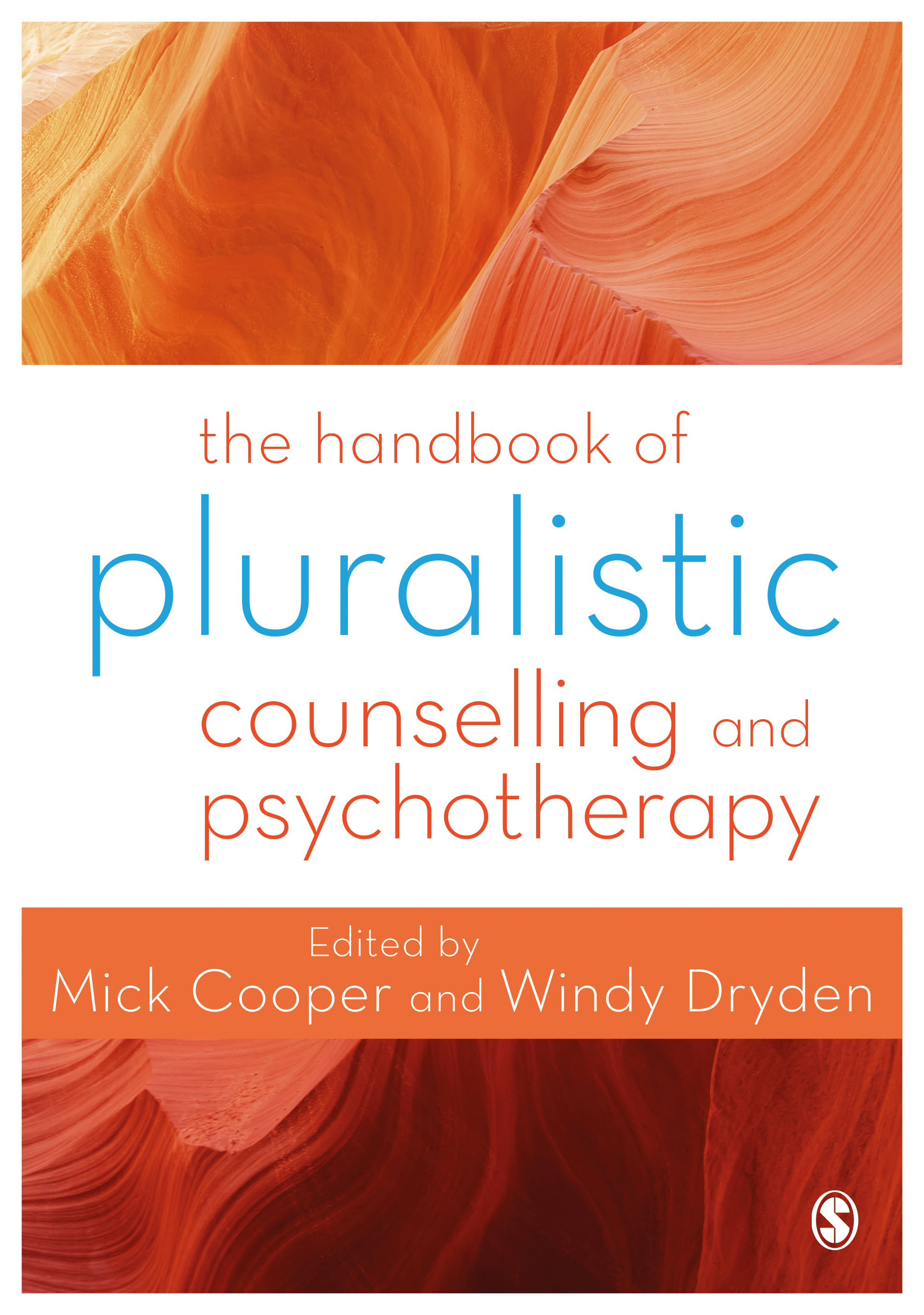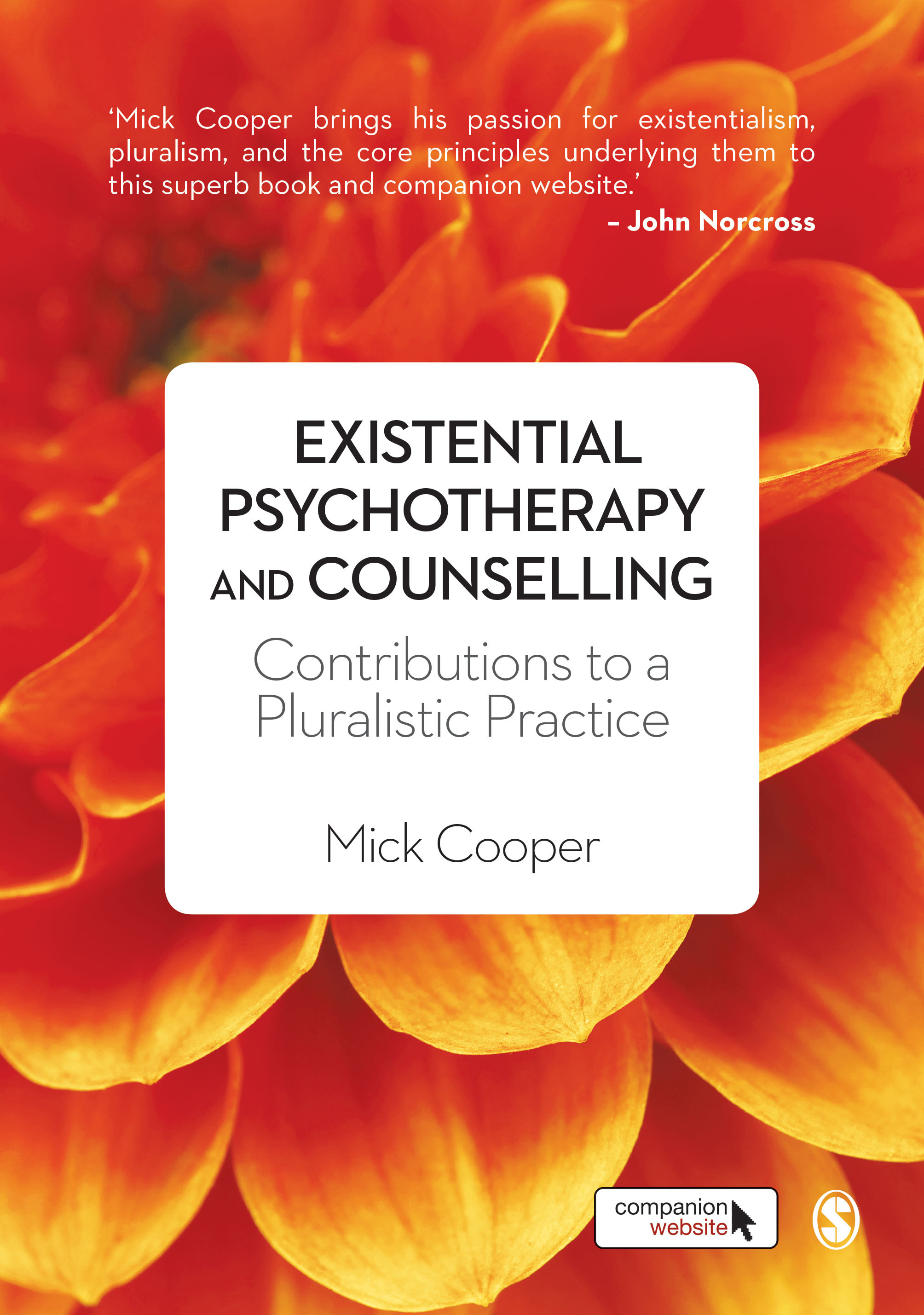You are in: Africa
Change location
You are here
Pluralistic Therapy
Mick Cooper and John McLeod define pluralistic therapy as ‘the assumption that different clients are likely to benefit from different therapeutic methods at different points in time.’ It often allows for a more responsive and fluid approach to a client’s needs.
 Our featured book
Our featured book
The Handbook of Pluralistic Counselling and Psychotherapy
It is the definitive text for trainee counsellors, psychotherapists and psychologists wishing to practise in a pluralistic way. A practical resource that you can return to again and again to guide and coordinate your learning. Each chapter offers definitions of key terms, several; case studies, exercises and points for reflection, further reading, chapter introductions and summaries if key learning points, and overviews of relevant research.
"Pluralistic practice and research has become more popular amongst counselling psychology students. This book is an essential read for those interested in the area of pluralism and offers the reader a wide range of topics from assessment and formulation to professional issues in practice and research."
- Dr Helen Nicholas, Institute of Health & Society, Worcester University
"This volume offers an informed and wide-ranging account of what is meant by pluralistic counselling and psychotherapy - and, in the process, gives a valuable perspective on the different forms of therapeutic practice."
- Dr Laurence Spurling, School of Psychosocial Studies, Birkbeck, University of London
 Recommended reading
Recommended reading
The counselling and psychotherapy hub is full of useful links, book chapters, interactive videos and more. Here are a few books to add to your collection of resources:
Existential Psychotherapy and Counselling: Contributions to a Pluralistic Practice
Packed with a wealth of resources and accompanied by a companion website with relevant journal articles, video tutorials and more, this passionate and insightful book is the ideal guide for trainees and practitioners across the orientations who wish to incorporate an existential approach into their practice.
Counselling is a great way to help people think of different ways of doing things in their life upon reflecting on their experiences. Watch a free tutorial video of Professor Mick Cooper discussing some tips and hints on how to help clients make the best decisions.
Pluralistic Counselling and Psychotherapy
Bestselling authors Cooper and McLeod present a groundbreaking new approach to counselling, outlining a flexible framework for practice applicable to all modalities of therapy at all levels. They argue that there is no one right way of doing therapy and that different clients need different things at different times.
By identifying and demonstrating the application of a range of therapeutic methods, the book outlines a flexible framework for practice within which appropriate methods can be selected depending on the client's individual needs and the therapist's knowledge and experience.
Go back to basics with a sample chapter: Introducing the Pluralistic Approach



